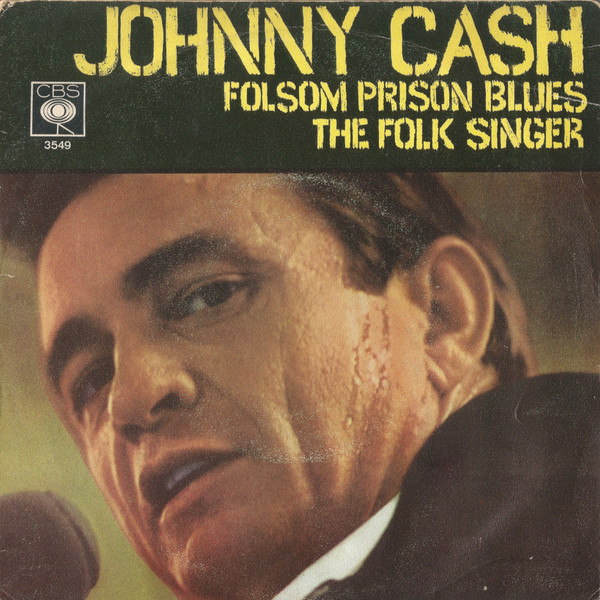
About the Song
Johnny Cash and Folsom Prison Blues, a pairing as iconic as the man in black himself and his trusty guitar. This isn’t just a song; it’s a journey into the heart of regret, redemption, and the human spirit yearning for freedom, even within the confines of cold stone walls.
For those of you who’ve known Cash’s music for decades, the opening notes likely conjure a vivid image: the stark prison setting, the rough-hewn voice, the simple yet powerful lyrics that paint a picture both bleak and oddly hopeful. But even if you’re a newcomer, Folsom Prison Blues has a way of reaching across generations, its timeless themes resonating with anyone who’s ever grappled with their past or dreamt of a different path.
Written in 1953, the song puts us in the shoes of a prisoner, haunted by the choices that led him to Folsom Prison. Cash, known for his empathy and ability to connect with the downtrodden, imbues the lyrics with a raw vulnerability. We hear the despair in his voice as he sings about the “rich folks eatin’ in a fancy dining car,” a stark contrast to his own reality. Yet, amidst the lament, there’s a flicker of defiance, a yearning for freedom that transcends the prison walls.
The song’s power lies not just in Cash’s masterful performance, but also in its simplicity. The lyrics are straightforward, the melody haunting yet accessible. It’s a song that stays with you long after the last note fades, prompting reflection on our own choices, the consequences we face, and the enduring hope for a better tomorrow.
So, whether you’re a longtime Cash fan or simply someone who appreciates a powerful story told through music, Folsom Prison Blues is an experience worth savoring. It’s a reminder that even in the darkest corners, the human spirit can find a spark, and the yearning for freedom can never truly be extinguished. Now, let the music wash over you, and prepare to be transported to the world of Folsom Prison Blues.